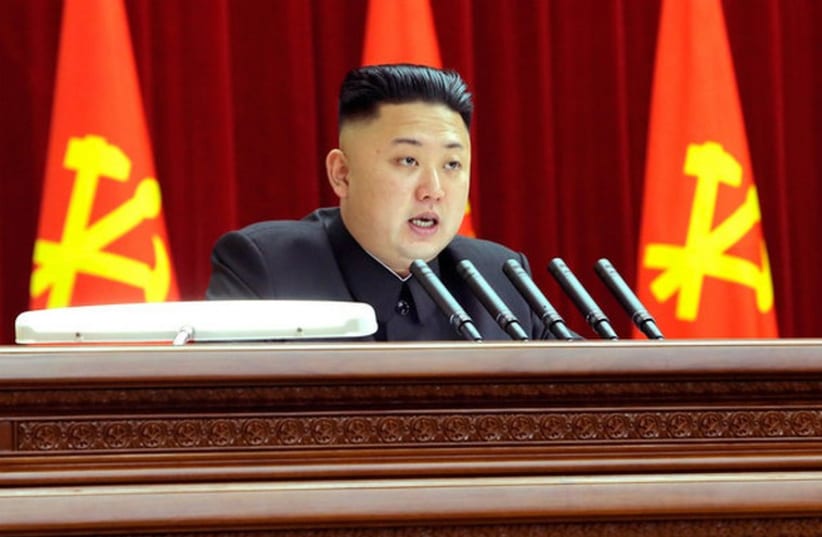The absence of a deal and the dynamics of the February North Korea-US summit in Vietnam showed the importance of stopping Iran from obtaining nuclear weapons, INSS Arms Control Director Emily Landau has said.
In a recent INSS post she co-authored with former senior foreign ministry official Shimon Stein, Landau wrote that, “For the international community the lesson is clear: Iran must be stopped before it reaches its goal.”
Evaluating the outcome of the summit with North Korea, she wrote that the process “underscores that negotiating with a nuclear state is very different from negotiating with a state that has not yet achieved this goal.”
“For Iran, the North Korean experience further underscores the strategic significance of achieving a nuclear weapons capability,” which, like with Pyongyang, would give the Islamic Republic “significant leverage over anyone who would have it back down.”
In other words, US President Donald Trump held his own by not giving in to North Korea’s demands, but he also was unable to find a pressure point to get Pyongyang to accept his demands and must walk lightly since it is already a nuclear power.
In contrast, Landau would argue that greater pressure can still be brought on Iran to make compromises regarding its nuclear program since it does not have nuclear weapons yet.
On one hand, Landau wrote that North Korean leader Kim Jong Un “learned at the Hanoi summit that this will not be as easy as in the past, when his father conducted negotiations and was always able to secure sanctions relief.”
She said that “Trump sent an important message by walking away – presumably hoping this will translate into some concrete concessions by North Korea.” At the same time, Trump succeeded, at least for now, in maintaining the North’s promise to refrain from nuclear weapons-related tests.
Communicating with The Jerusalem Post on Tuesday, she had no predictions of how long the moratorium would last. However, Landau wrote that maintaining the moratorium “will be an important test of the durability of the process of tension reduction.”
“As of now, this is a temporary measure that was meant as an indicator of North Korean good-will in the context of the summits,” she warned. “But as the Hanoi summit failed to ensure relaxation of the sanctions, resuming the tests is a stick that Kim can wave at any point.”
In another part of the INSS post with an Iran–North Korea cross-over, Landau said that the US should insist in future negotiations “that North Korea stop all cooperation with other nuclear and missile proliferators, like Iran.”
Pressed by the Post about what value such a commitment from Pyongyang would have with its history of violating nuclear-related commitments, Landau said that the US would need to watch the issue like a hawk.
In addition, she explained that her real point was that this might be something the US could get from the North short of denuclearization, which seemed unrealistic.
Rather, she wrote, that following Vietnam, the Trump administration and Kim were likely to settle into an extended holding pattern which emphasized de-escalation more than complete denuclearization (the US goal) or complete sanctions relief (North Korea’s goal.)
